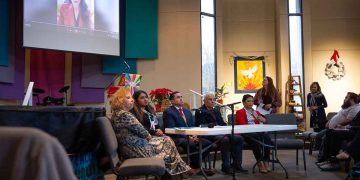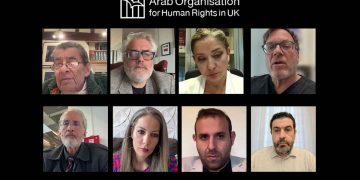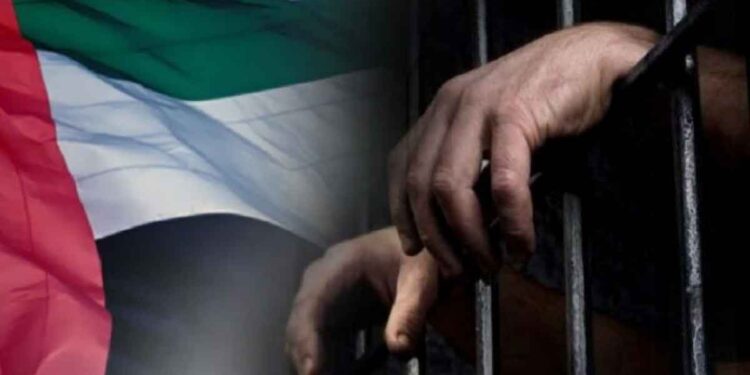The United Arab Emirates’ (UAE) atrocious human rights records both domestically and internationally are well known. However, recent criticism from a UN expert has shone even more light on the Emirate’s record.
Irish Mary Lawlor, in her role as Special Rapporteur on human-rights defenders’ situation in the UAE, has recently made a series of statements on the situation of members of the ‘UEA94’ group.
They include Mohamed al-Mansoori, Hassan Mohammed Al-Hammad, Hadif Rashed Abdullah al-Owais, Ali Saeed Al-Kindi, and Salim Hamdoon Al-Shahi, who, with a number of other lawyers, human rights defenders, and academics, were sentenced to 10 years in the summer of 2013 for, as was alleged, plotting to overthrow the government.
“There are worrying allegations that they are subjected to long periods in solitary confinement, which could amount to torture,” Lawlor has said. Moreover, their trials were unfair, according to Lawlor, not least due to their highly restricted access to legal counsel.
And, there is the travesty of Ahmed Mansoor’s continued detention. Mansoor, the UAE’s best-known human-rights defender, remains imprisoned after four years of appalling treatment at the hands of the Emirati authorities.
Arrested in May 2017 and denied access to a lawyer for over a year, he received his sentence in May 2018 to ten years imprisonment for insulting the “status and prestige of the UAE and its symbols”. That same year the UAE’s highest court upheld the decision. Mansoor is a father of four.
Such cases have led even the US, a firm supporter of the UAE, to criticise the regime. The US State Department’s most recent Country Report on Human Rights Practices noted that “there were reports that security forces committed some abuses”.
Emirati state agents were responsible for “torture in detention; arbitrary arrest and detention, including incommunicado detention”, the report said.
On the ‘UAE94’ individuals who remain in detention, Lawlor has said “I call on the Emirati authorities to release these human rights defenders from detention in order to continue their meaningful and necessary human rights work”.



























